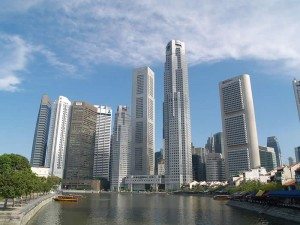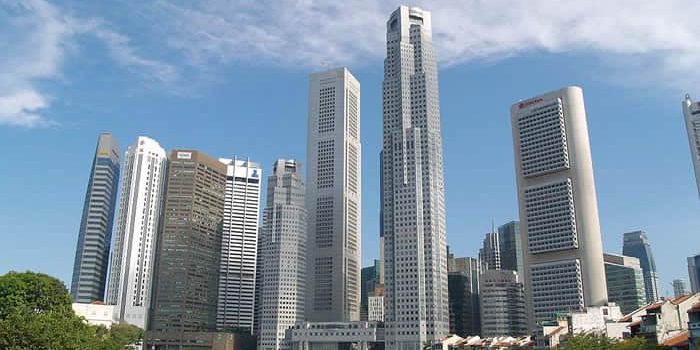Tax duty refers to the legal documents that pertain to the  transmission of assets. This task is customary in countries that are included in the Commonwealth of Nations such as Singapore, the US and Australia. When a stamp duty is enforced, the tax is allocated on the reassignment of the property such as homes, buildings, land and securities to name a few. However, their transfer is only possible if this law is applicable in their country of origin and can be enforced on being stamped since it will also show the amount to be paid in taxes. This is why stamp duty is also known as stamp tax.
transmission of assets. This task is customary in countries that are included in the Commonwealth of Nations such as Singapore, the US and Australia. When a stamp duty is enforced, the tax is allocated on the reassignment of the property such as homes, buildings, land and securities to name a few. However, their transfer is only possible if this law is applicable in their country of origin and can be enforced on being stamped since it will also show the amount to be paid in taxes. This is why stamp duty is also known as stamp tax.
A breakdown…
The first stamp duty was launched into action by the British Government in 1765 with the passing of the Stamp Act. It was made compulsory for colonists from America who had to pay a tax on printed paper such as newspapers, legal documentation, ship papers, etc. During that time, money that was collected via stamp duties was utilized for soldiers in some parts of America.
Since the duty is essentially a tax on documentation pertaining to the lease or purchase of a home or any property, it has to be paid in full within fourteen days by the buyers once the documents are submitted. These include the sales and purchase agreement and the tenancy agreement in case these were signed in the country. However, if the documents were signed overseas rather than in the country of incorporation, the amount has to be paid in full within thirty days after the receipt date.
If you try to make use of a document that has not received Stamp Duty and been paid for it you might go awry of the law and the document may act as evidence against you in court.
What is Buyer’s Stamp Duty?
Buyer’s Stamp Duty refers to tax that is paid once OTP or the Option to Purchase agreement is accepted. Also known as S&P, these documents have to be signed and prepared when you wish to purchase or sell off a property. This is paid on either the market or the actual price, whichever one is higher and the buyer is made liable to purchase it for the property. The seller will have to pay stamp duty if Seller’s Stamp Duty applies.
Understanding Additional Buyer’s Stamp Duty
Launched first back in 2011 to relax the housing market, ABSD was revised just two years later in 2013 to speed up the price of residential properties. These have to be remunerated by a particular group of people who wish to purchase said properties (which includes land) along with the aforementioned Buyer’s Stamp Duty.
Whether you want to start a business in Singapore or want to acquire the relevant stamp duty, you will need to hire the services of a professional corporate service. Doing so will eliminate a lot of hassle and ensure a smooth process.









